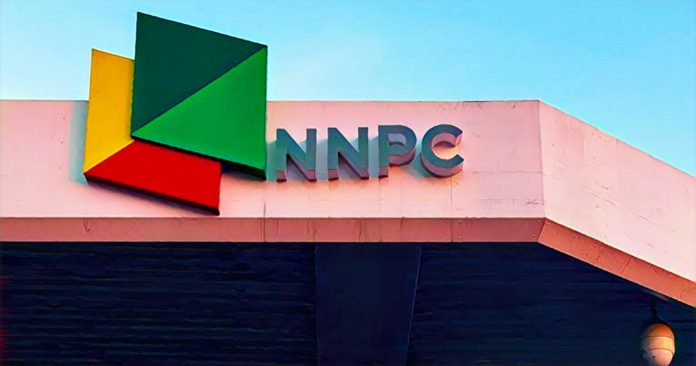Key Points
-
SERAP demands NNPCL account for N500bn shortfall in oil revenue remittance.
-
World Bank report shows only N600bn out of N1.1tn was remitted.
-
EFCC and ICPC urged to investigate and prosecute those responsible.
The Socio-Economic Rights and Accountability Project (SERAP) has called on the Nigerian National Petroleum Company Limited (NNPCL) to explain the whereabouts of a missing N500 billion in oil revenue, urging its Group CEO, Bayo Ojulari, to invite anti-corruption agencies for a full investigation.
The call follows a World Bank report revealing that between October and December 2024, NNPCL remitted only N600 billion from its N1.1 trillion earnings to the Federation Account, leaving N500 billion unaccounted for.
SERAP, in a letter dated May 17 and signed by Deputy Director Kolawole Oluwadare, urged the NNPCL to:
-
Publicly account for the missing funds,
-
Identify those responsible and recover the funds from them,
-
Handover suspects to the Economic and Financial Crimes Commission (EFCC) and Independent Corrupt Practices and Other Related Offences Commission (ICPC),
-
Ensure the funds are fully remitted to the Federation Account.
Allegations of Fiscal Mismanagement
The rights group said the failure to remit the oil revenue violates Section 15(5) of the Nigerian Constitution, which mandates public institutions to eliminate corrupt practices.
It also cited provisions of the Freedom of Information Act and the UN Convention against Corruption as legal bases for its demands.
“Nigerians continue to bear the brunt of missing public funds intended for development,” the letter stated, accusing the NNPCL of depriving states and local governments of their rightful allocations.
Legal Ultimatum and Threat of Action
SERAP issued a seven-day ultimatum to the NNPCL to act on its requests or face legal action.
“If we have not heard from you by then, SERAP shall consider appropriate legal actions to compel compliance,” the group warned.
The organization also highlighted repeated reports by the Auditor-General of the Federation and the Nigeria Extractive Industries Transparency Initiative (NEITI) documenting missing oil revenues, describing the situation as a systemic failure of accountability.
National and Global Commitments
According to SERAP, under both domestic law and international obligations, the NNPCL must manage public funds transparently.
“Articles 5 and 9 of the UN Convention against Corruption require state institutions to ensure proper management of public affairs and public funds,” SERAP said.
Economic and Human Rights Impact
The missing N500 billion, SERAP argued, could have gone towards funding public services during the current cost-of-living crisis in Nigeria.
It warned that the continued impunity in the oil sector is worsening the nation’s fiscal health and denying Nigerians access to basic services.
“Without the full recovery and remittance of the missing N500 billion, the dire economic situation may worsen,” the letter concluded.



